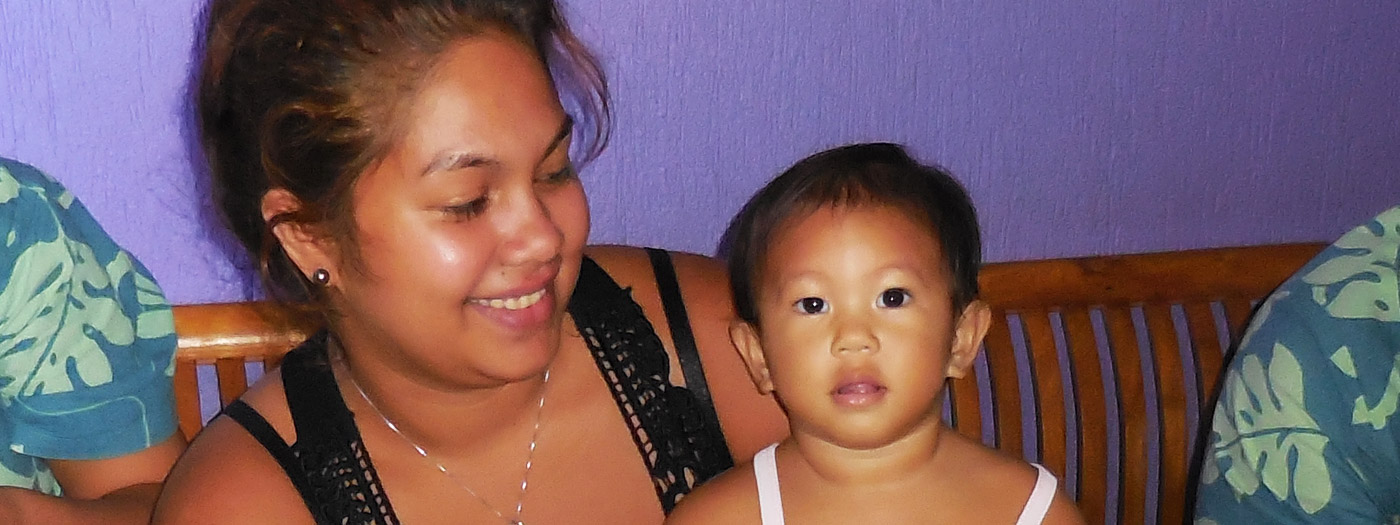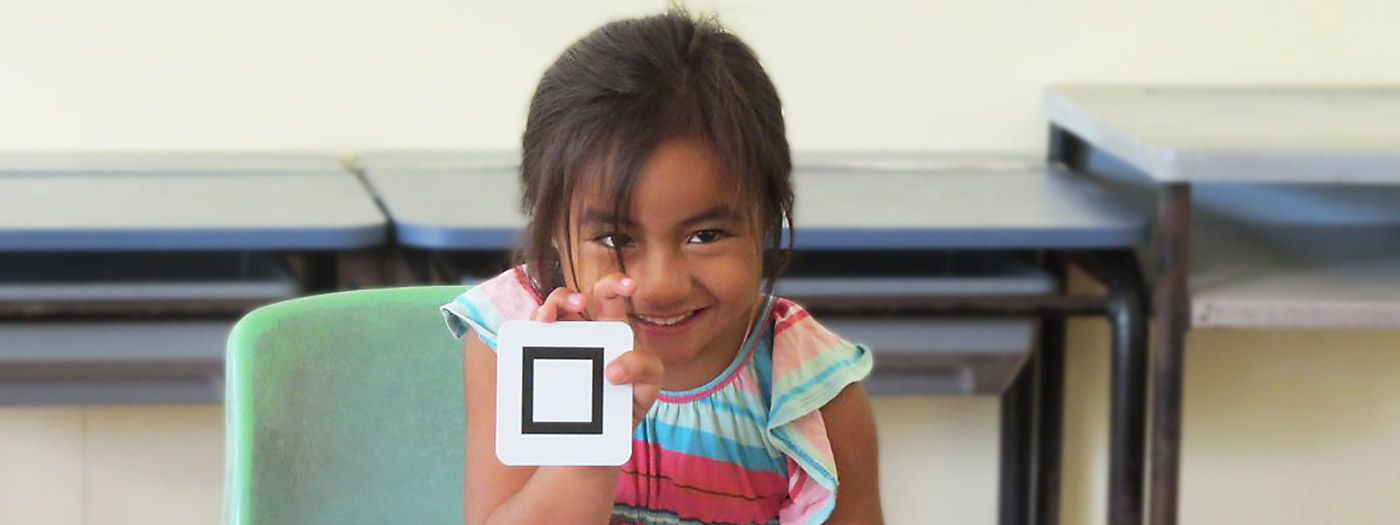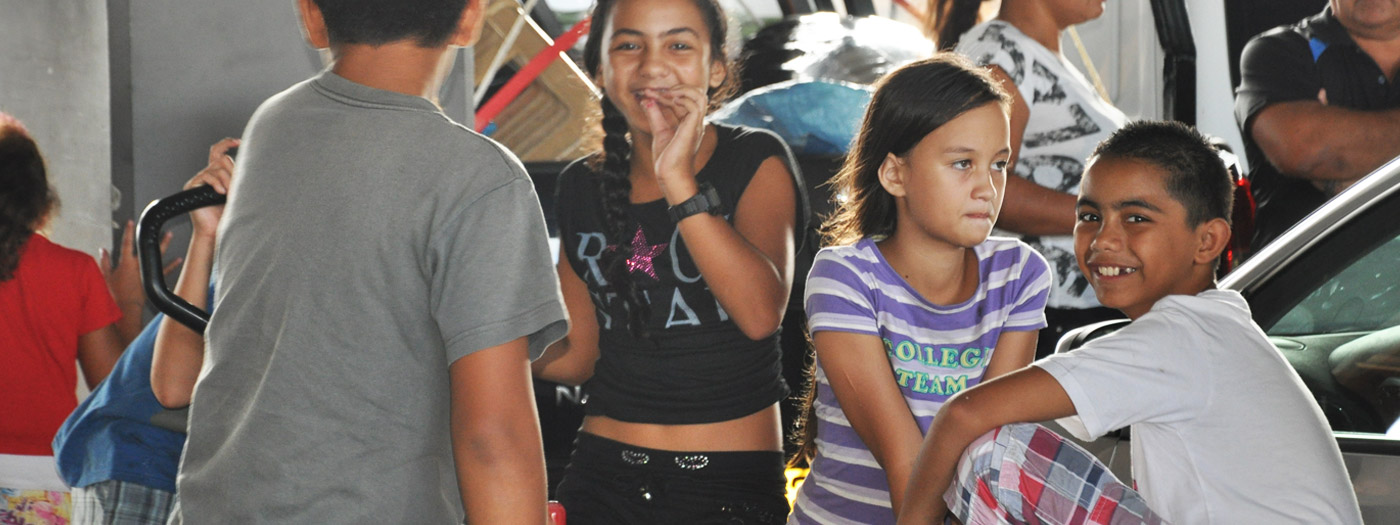H.I.T. in Guatemala “Life is hard for those who cannot see”
Julia Odinga was planning her stay as a volunteer helper with an aid organisation in Guatemala when she first heard about the work of the H.I.T. Foundation. She spontaneously decided to take one of the Foundation’s screening packs with her on her journey to Central America to test the local children for sight impairments. Read here to find out more from Julia about how this developed.
My name is Julia, I’m 23 years old and volunteering with the charity Li Ch’utam in Guatemala until 31st March, 2019. This aid organisation is dedicated to improving access to education for primary and secondary students in Guatemala.
I began volunteering with Li Ch’utam while I was studying two years ago. I was so moved and enthused by the country and the work there that I decided to return and dedicate more time to the project.
Guatemala. Restricted access to healthcare
As I was preparing for my stay in Guatemala I became aware of the work of the H.I.T. Foundation through an old friend of my family. I was amazed by the fantastic projects offered by the Foundation covering so many important topics. As I learned more and more about the work and projects offered by the H.I.T Foundation I was reminded of a couple of children I had met in Guatemala. These children found learning and writing difficult as they could barely recognise individual letters. They didn’t fit in with their classes, were mostly restless, seemed often unhappy and frequently didn’t attend classes. I also noticed outside the classroom context in afternoon activities that they weren’t able to recognise things as well as other children could.
In many parts of Guatemala people have almost no access to doctors or medicine. This is the case in the Polochic region, where Li Ch’utam is active. Because of this, illnesses and physical disabilities often go undiagnosed in childhood. The opportunities enjoyed by many children in more developed countries aren’t available to them and they have to live their lives with these disabilities. One of these is poor eyesight and those with visual impairments have difficulties learning, recognition and understanding.
H.I.T. eyesight screening can benefit many children
Eyesight screening that can be carried out with the help of the H.I.T. Foundation’s instruments is ideal for checking the eyesight of the children of the Polochic region. Li Ch’utam has been active in the region for nine years and in the meantime has become a valued part of the local community. For this reason I was certain that the H.I.T. Foundation work would be well accepted in the village within the framework of Li Ch’utam. Because the school children have summer holidays until the end of December, the tests are planned to be started in January.
In the meantime I will be organising an information evening, where I can inform parents about the topics of sight impairments and eyesight screening. I’ll also offer teachers the chance to be involved. I’m looking forward to the tests and I’m very excited that so many children can be helped by the H.I.T. Foundation.
About Li Ch’utam
The charitable organisaiton Li Ch’utam (“We are united” in the Q’eqchi’ language) is dedicated to improving access for primary and secondary students in Guatemala, especially in the Polochic-valley region, which has always been one of the poorest and least developed areas of the country.
As secondary education isn’t always state-financed outside the capital city, access to education from the seventh grade is not guaranteed. In the region where Li Ch’utam is active there is an illiteracy rate of over seventy percent and only eleven percent of school children complete their primary education.
Li Ch’utam works on site together with the local schools. The work of the association is carried out by dedicated working volunteers from Guatemala and Europe. There is a local team of volunteers dedicated to the operational achievement of the educational vision of the Li Ch’utam organisation.
These include:
- The realisation of an educational scholarship for approximately fifty students, which is funded through donations.
- School and educational afternoon care, including activities and presentations on subjects such as nutrition and hygiene
- Technology-supported education by means of computer-based learning games in our newly-built IT center
- Support of teachers in the school
During my time with Li Ch’utam I’ve been responsible for the pedagogical areas, teacher support, offering homework and tutoring, as well as afternoon activities and I concentrate on children with learning difficulties, which was a focal point of my studies in psychology.




